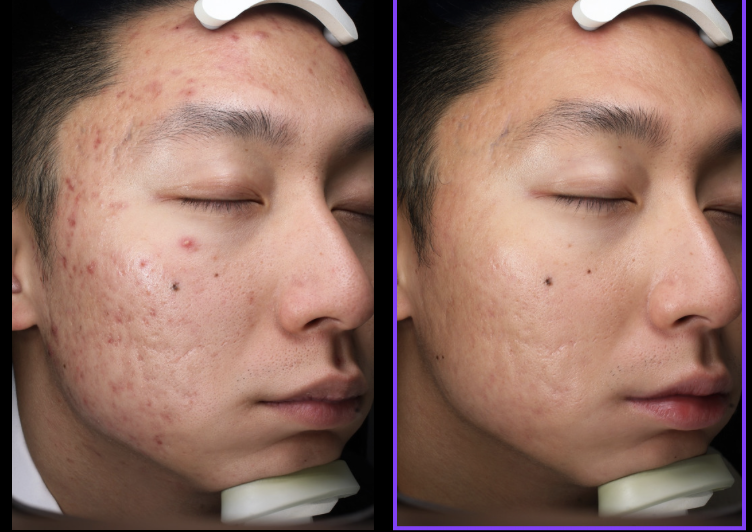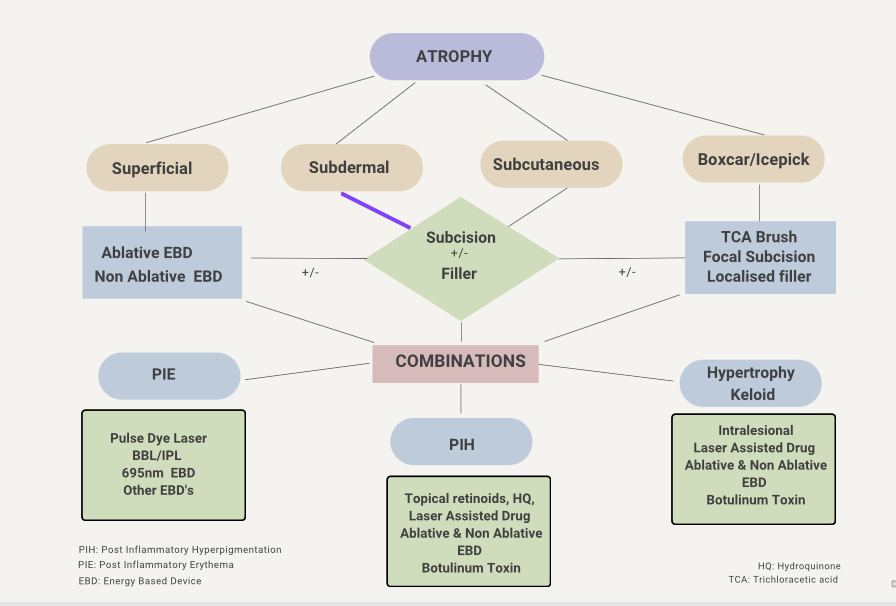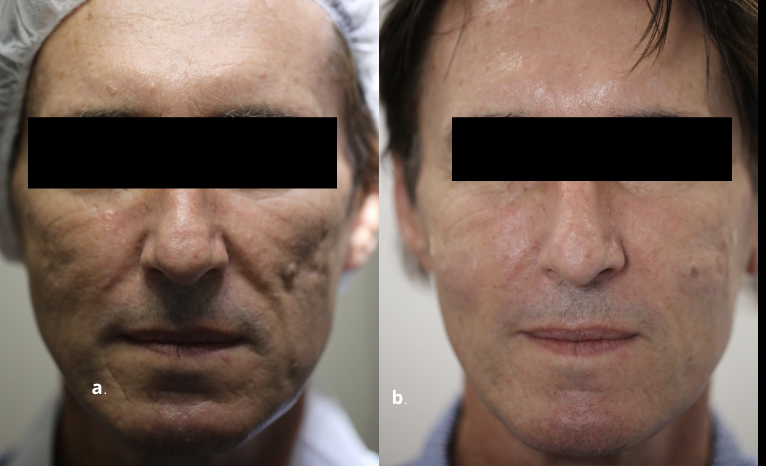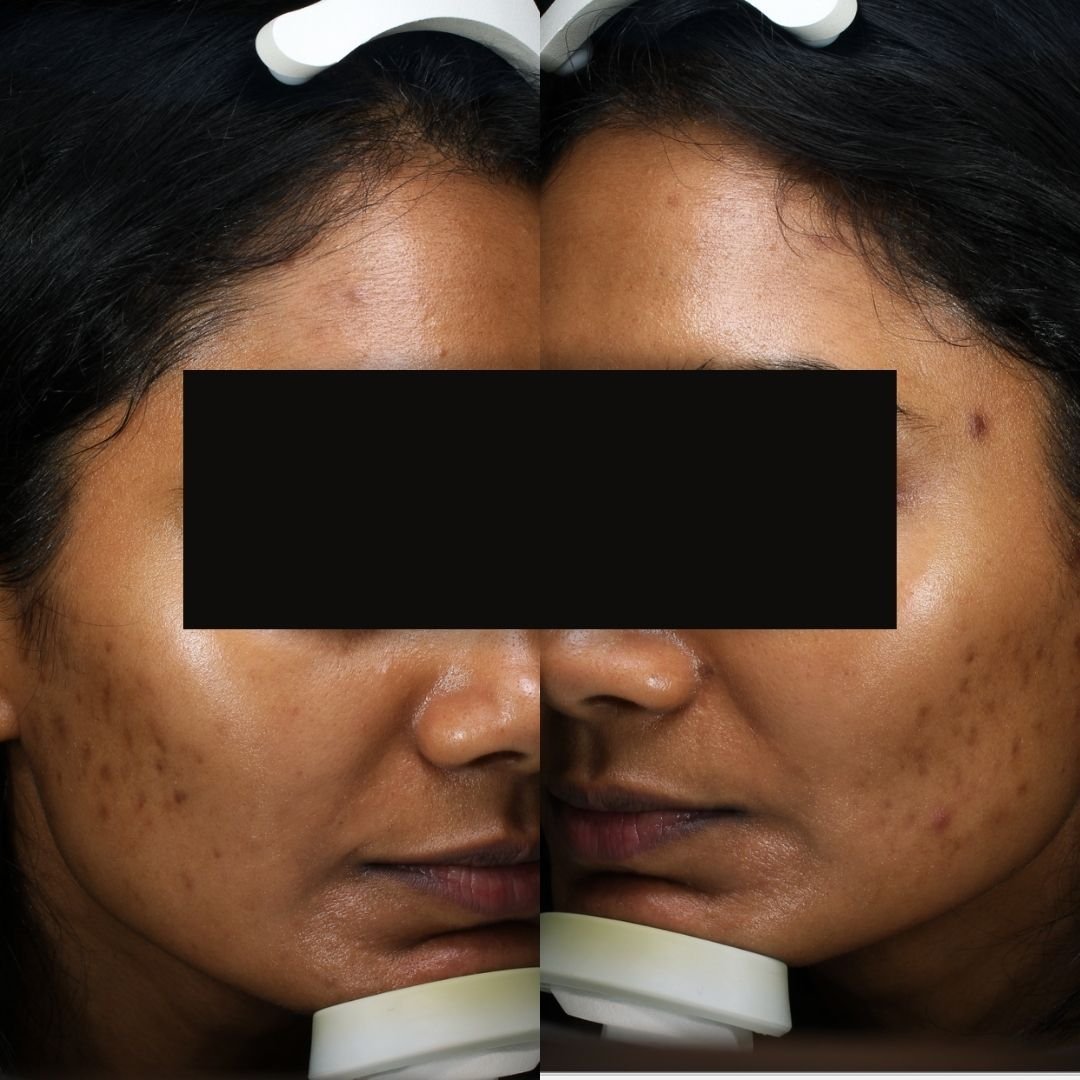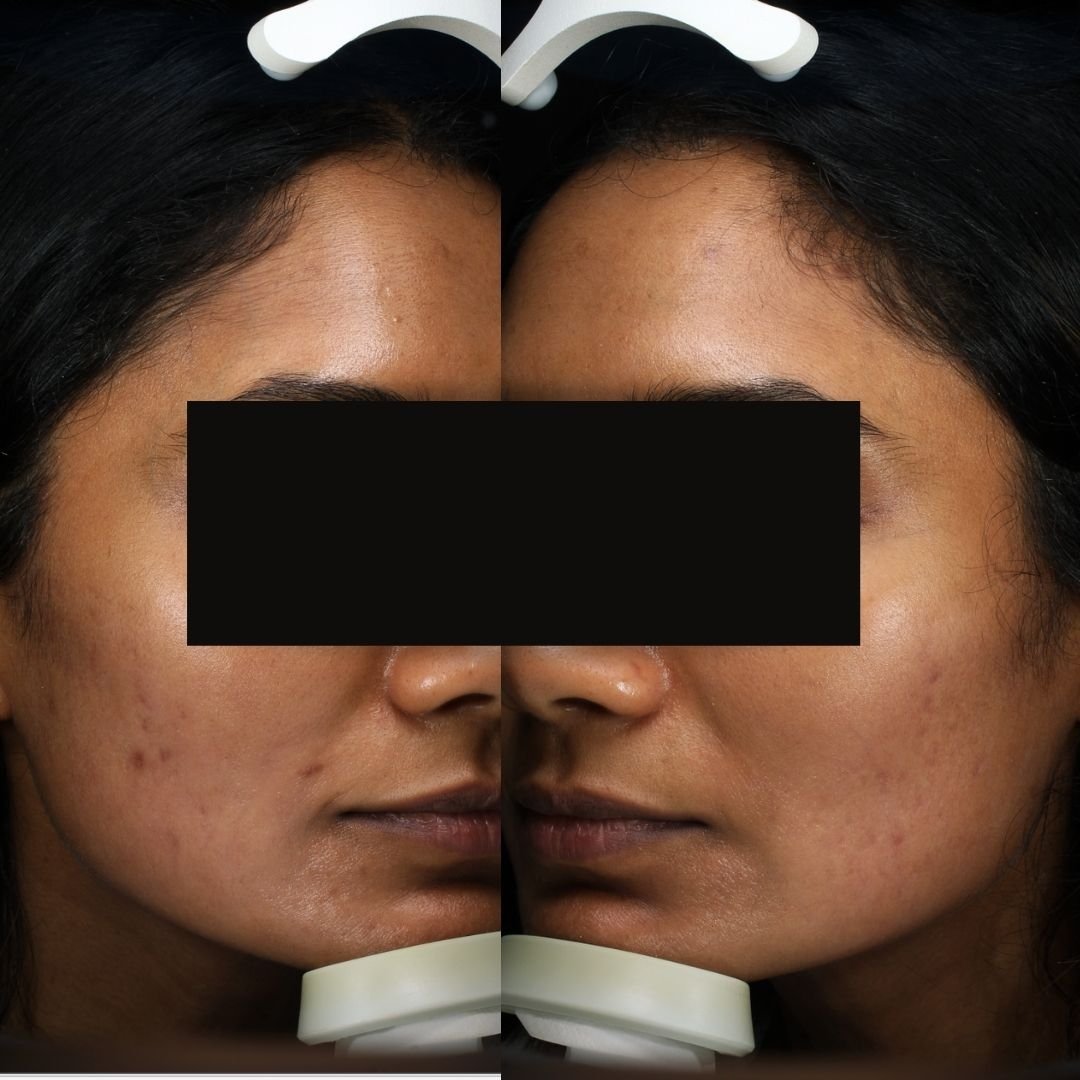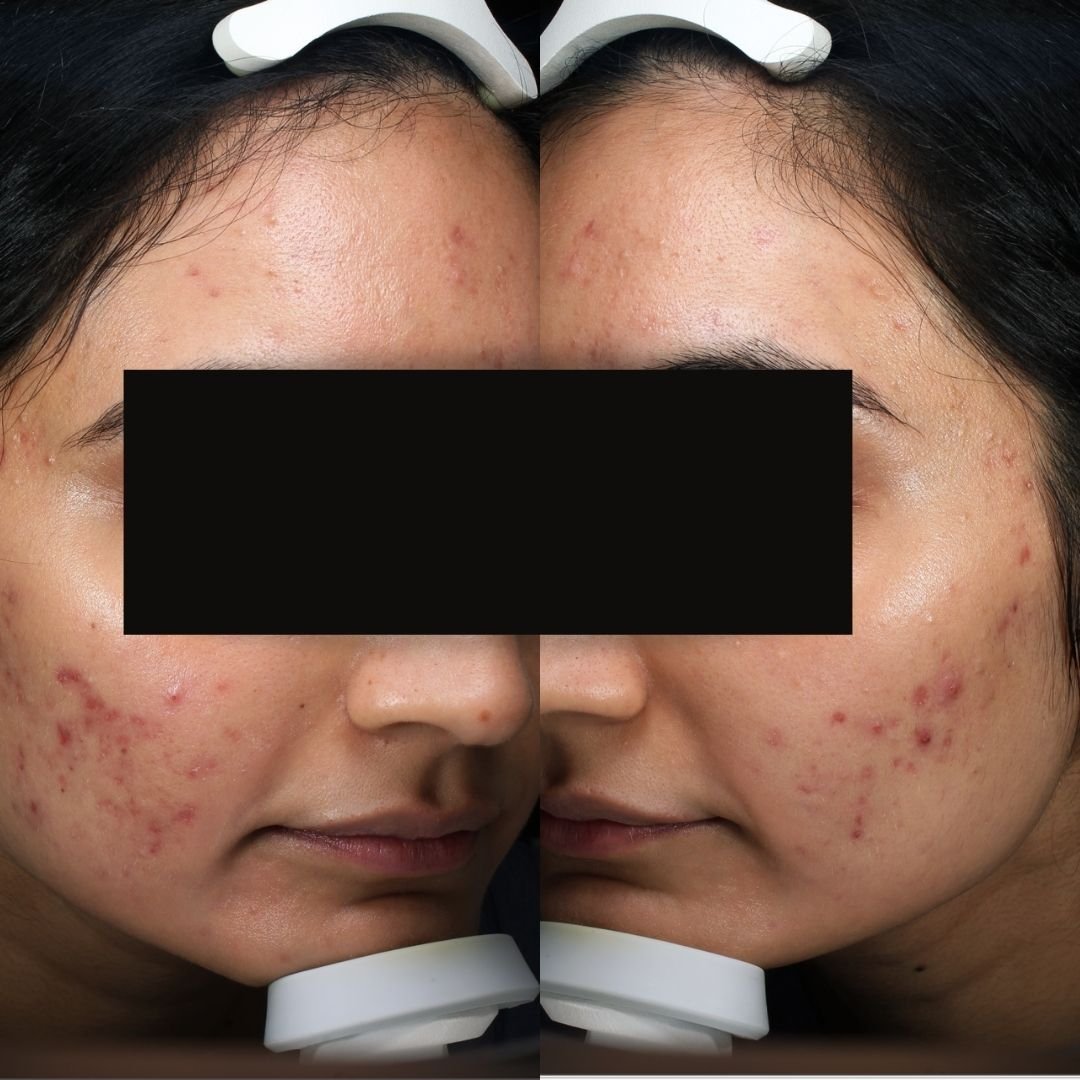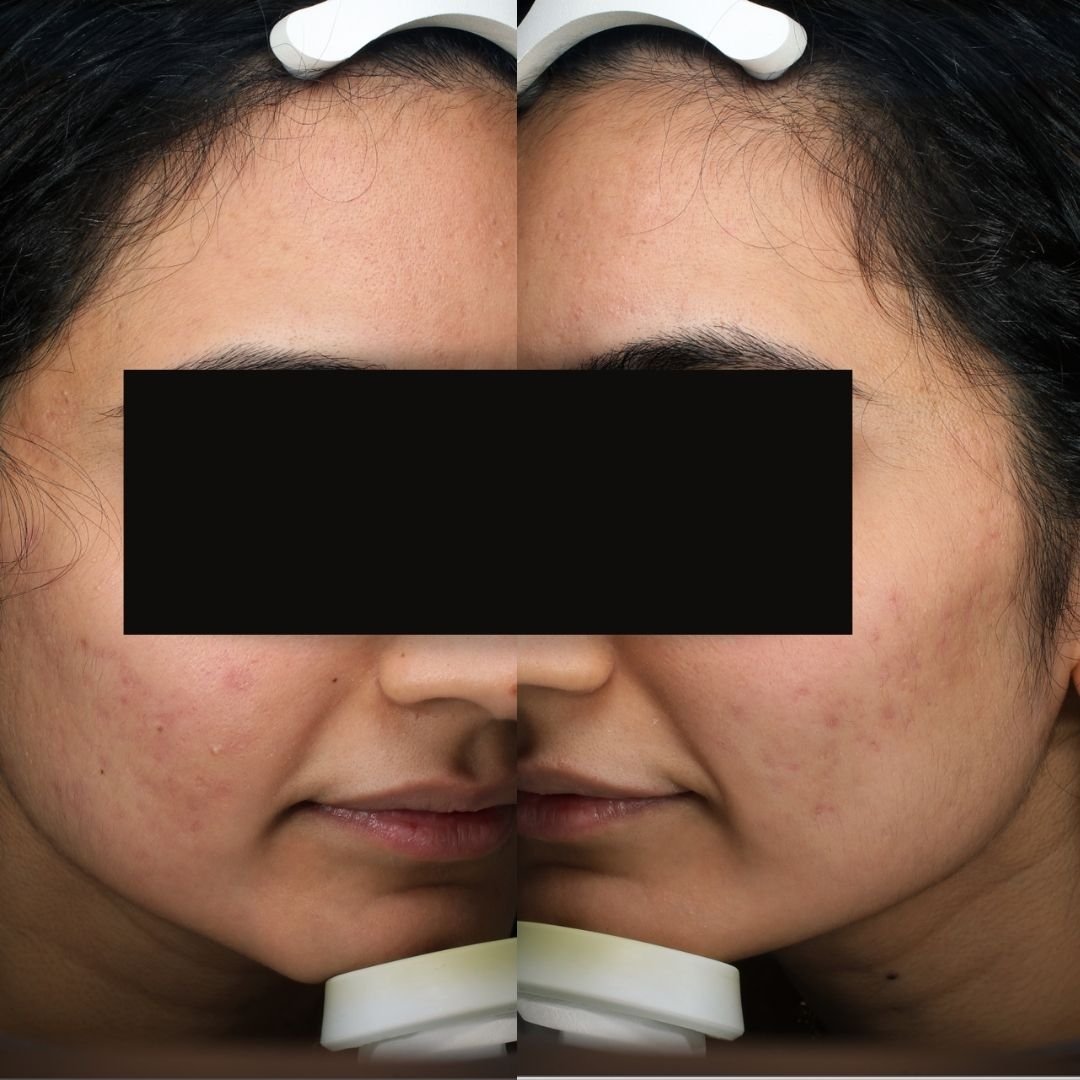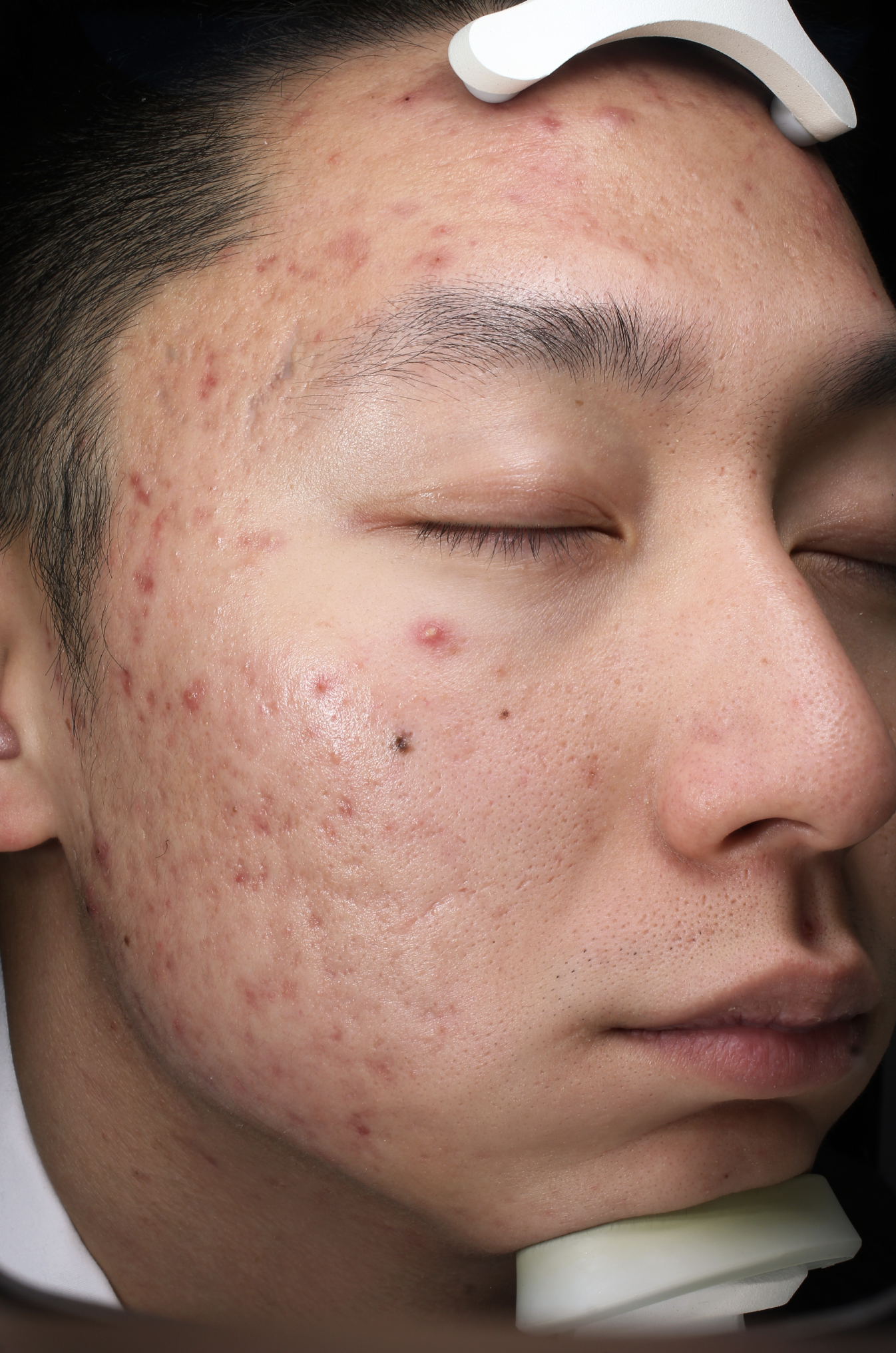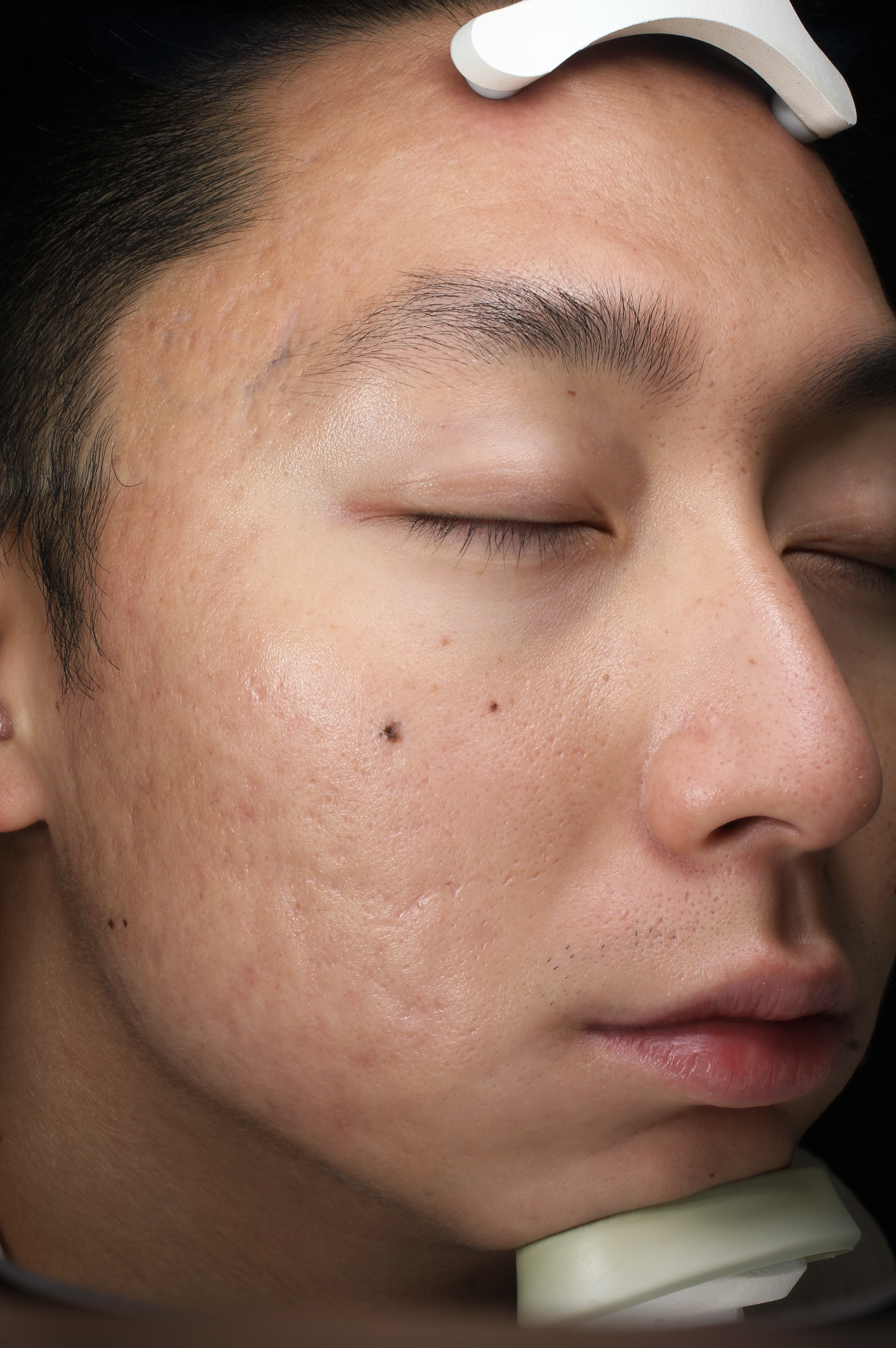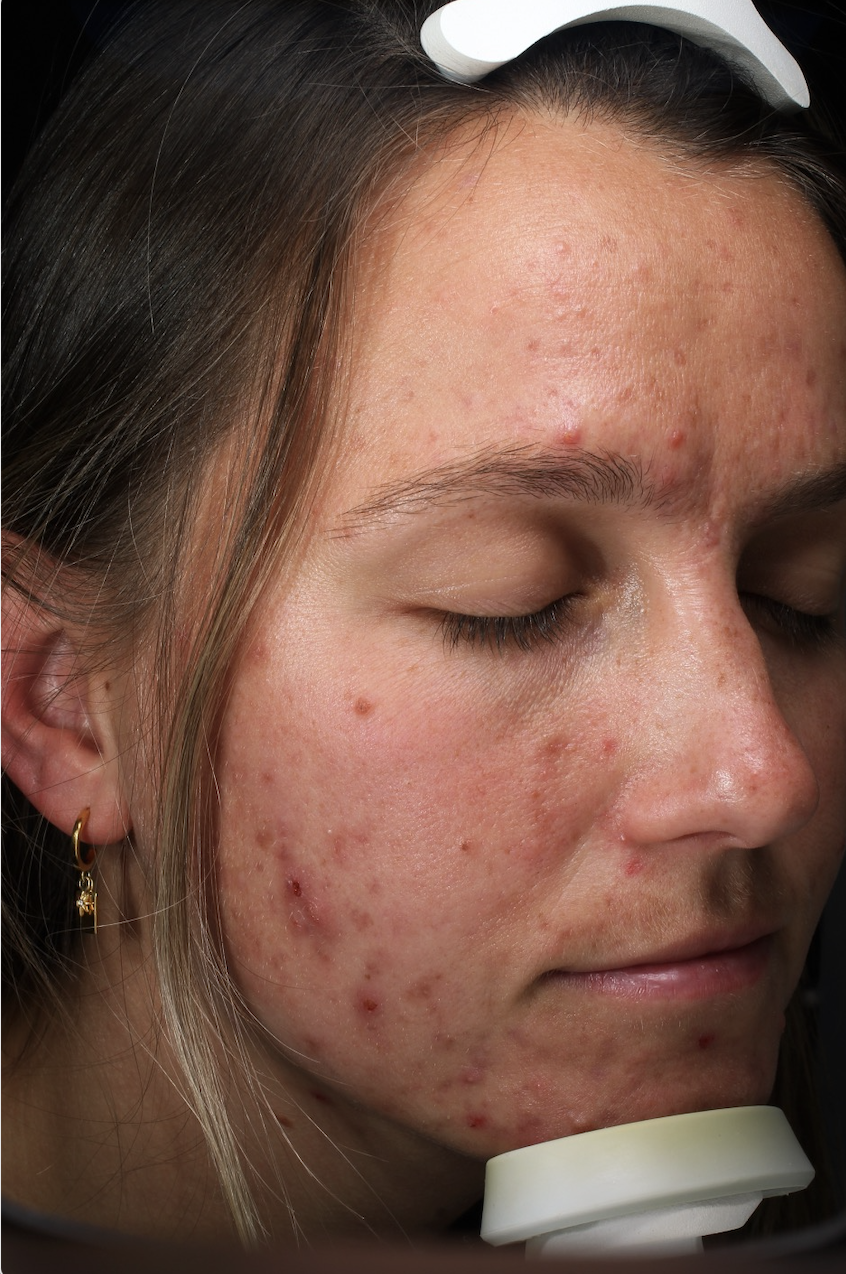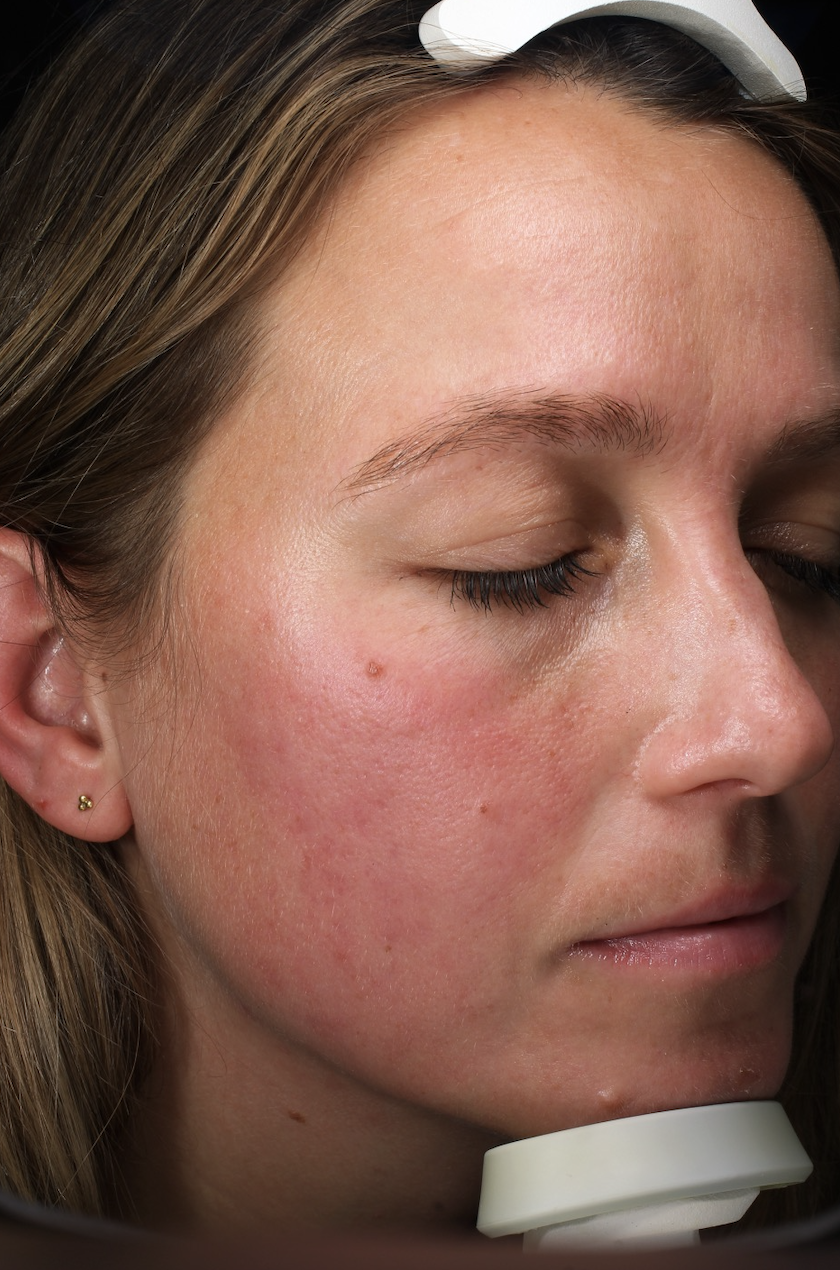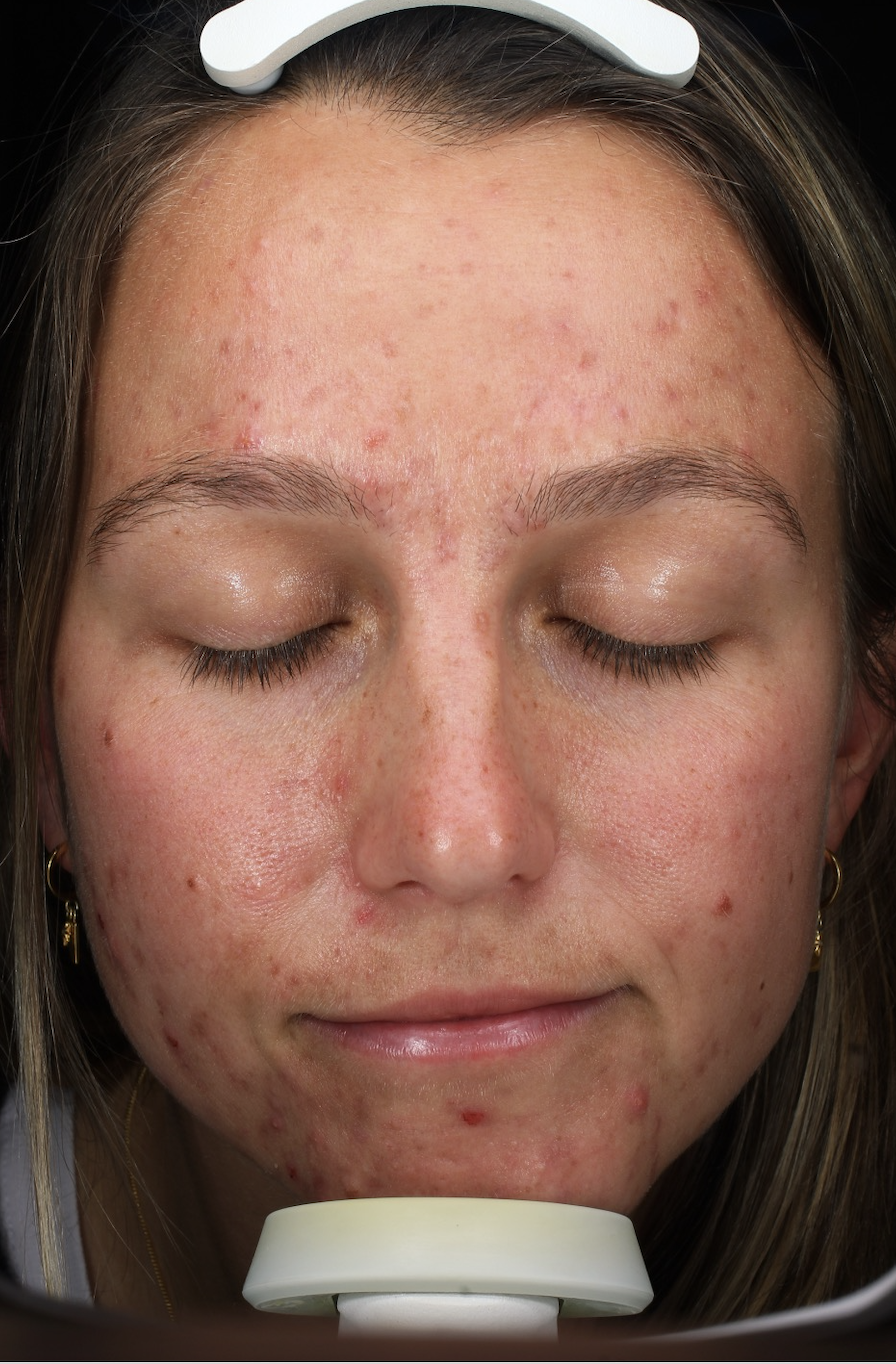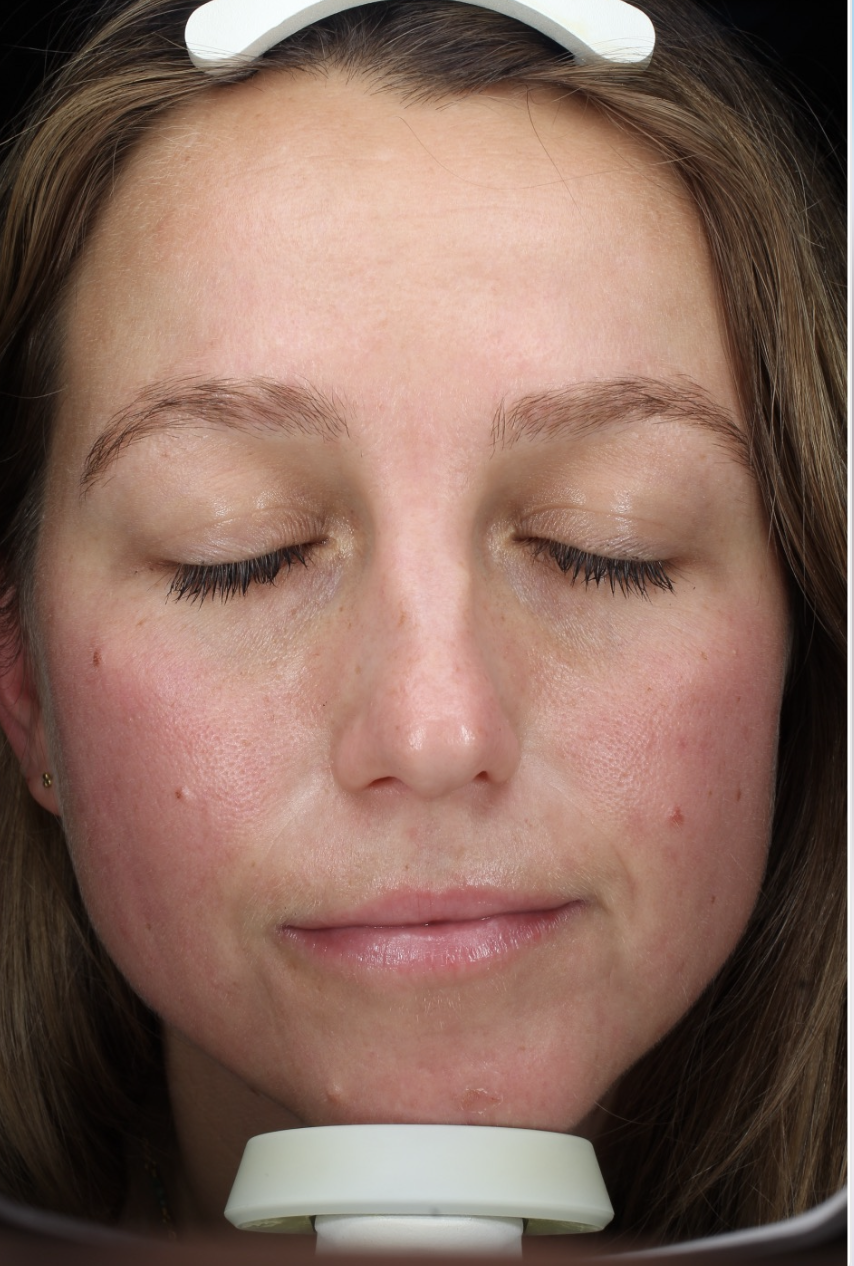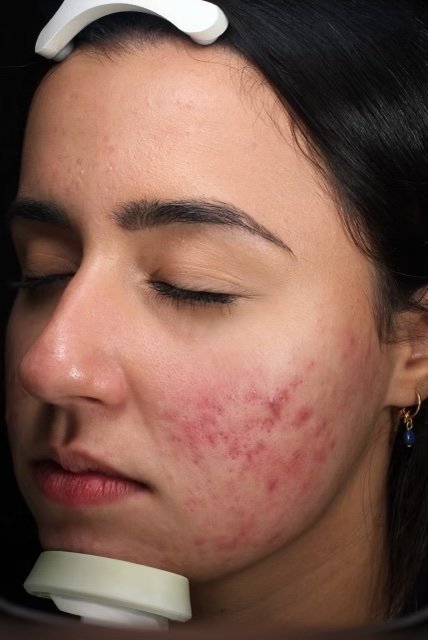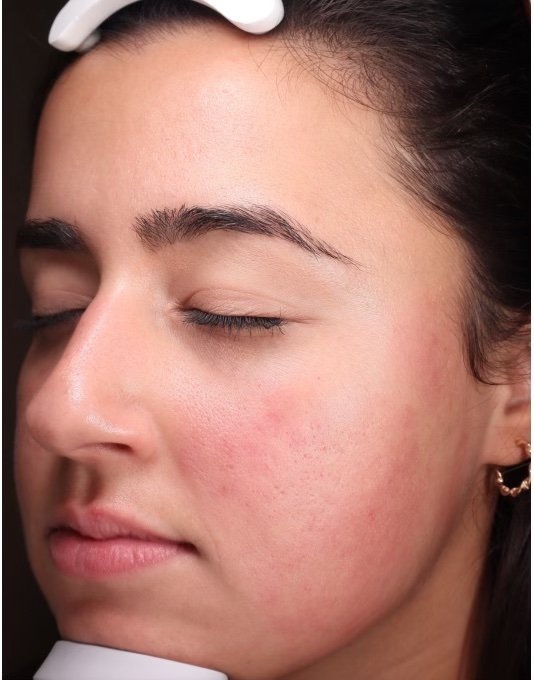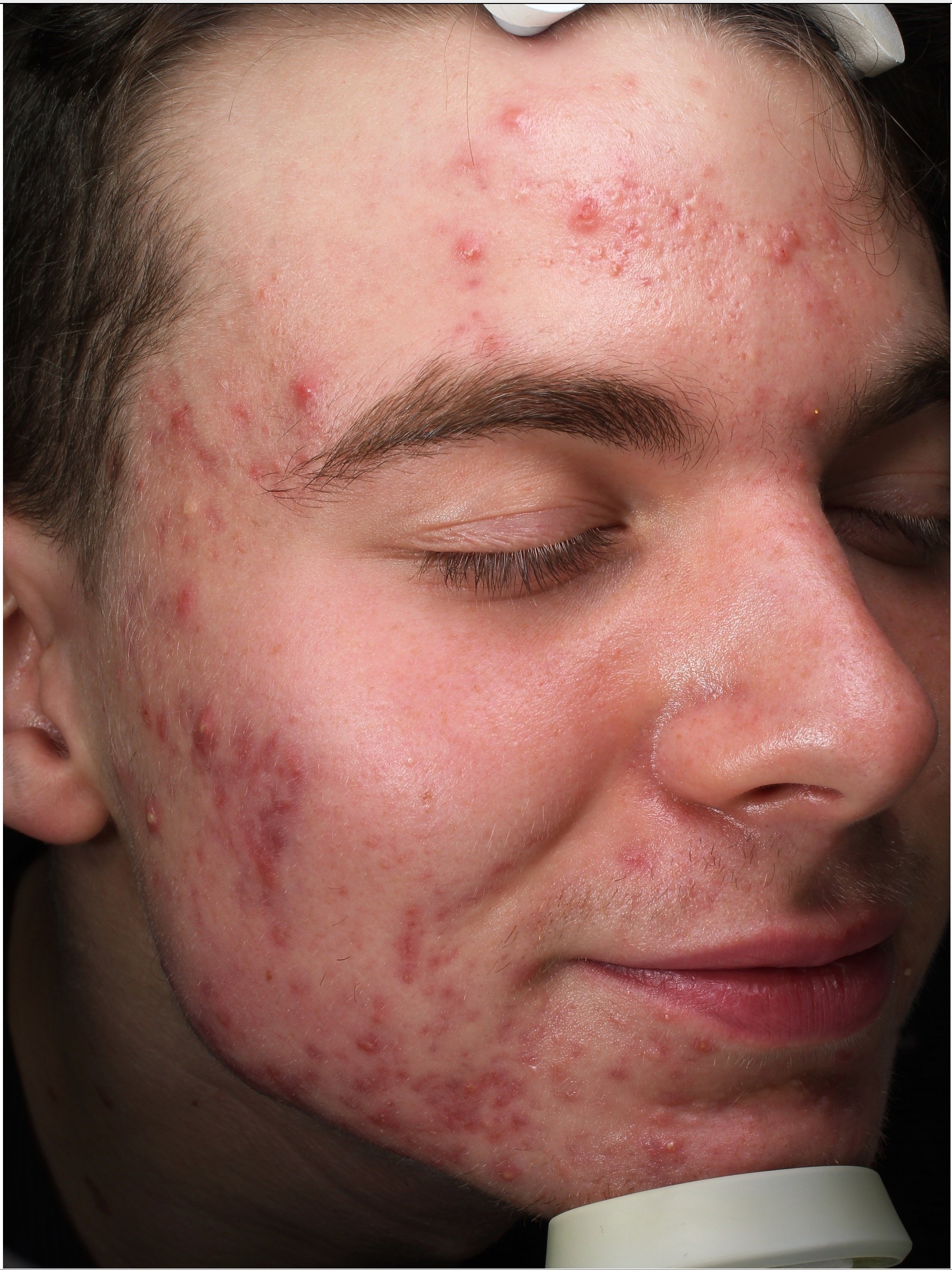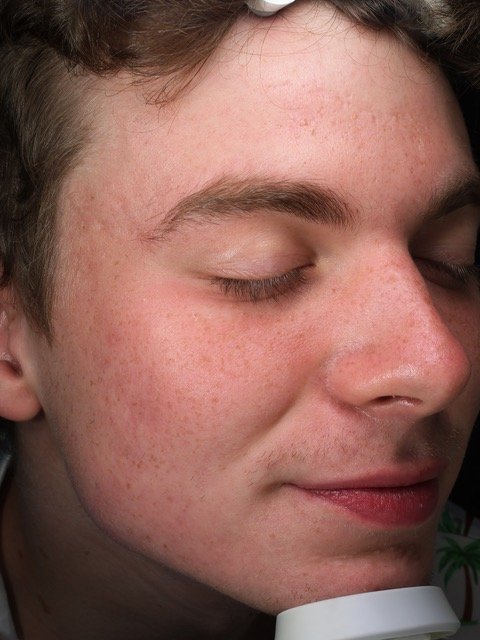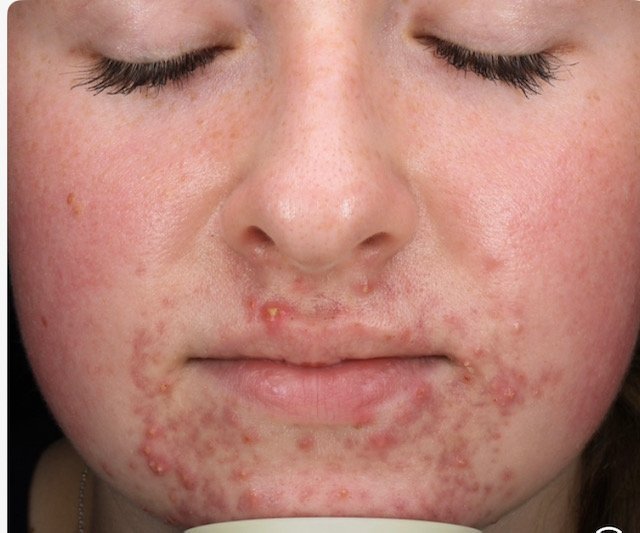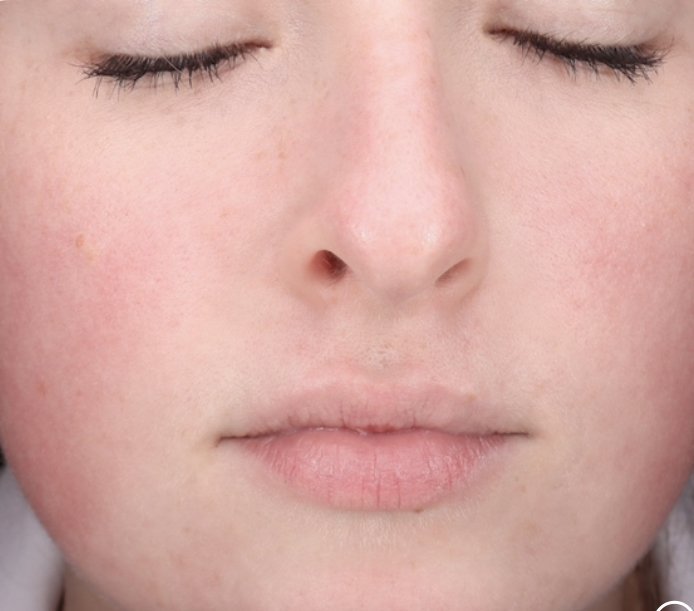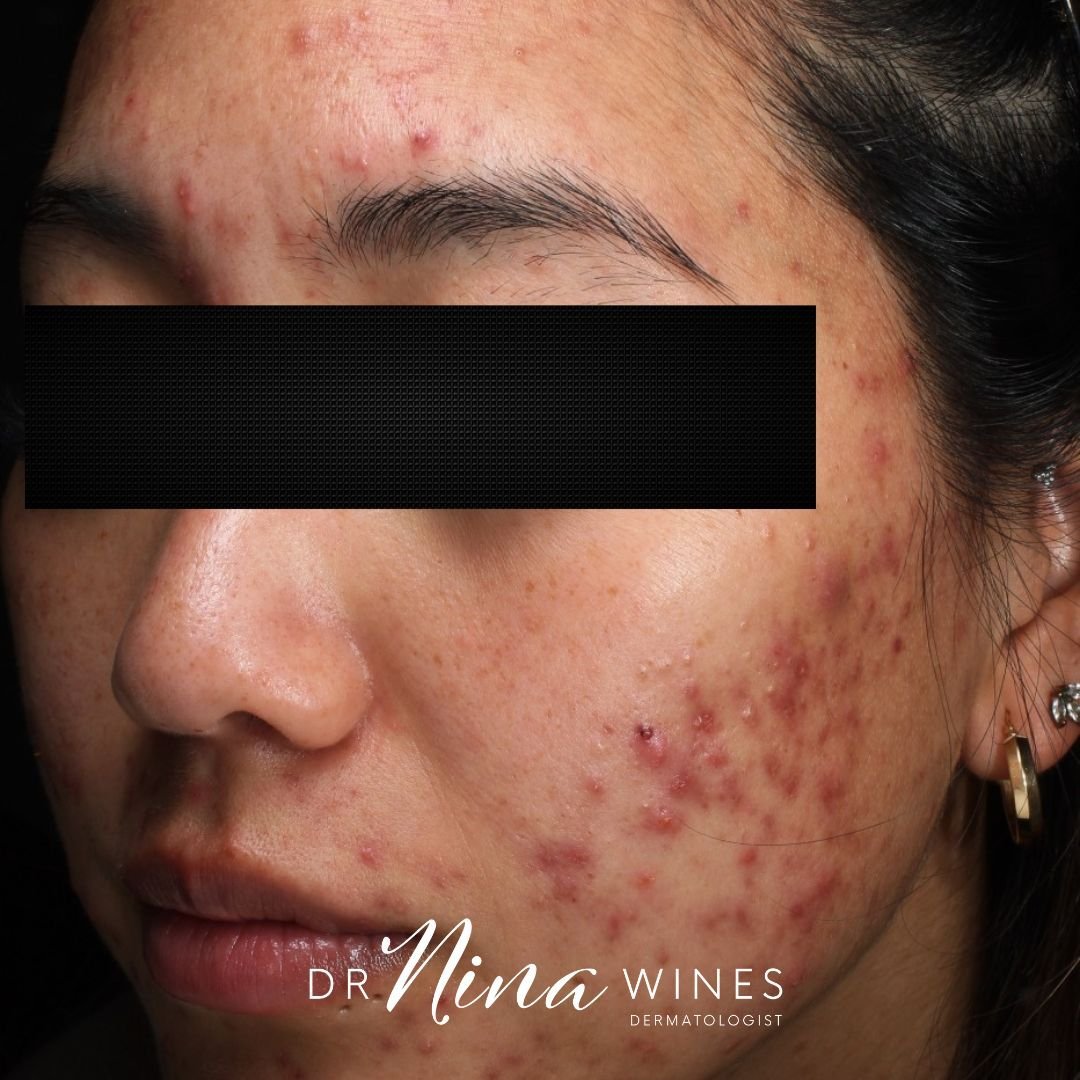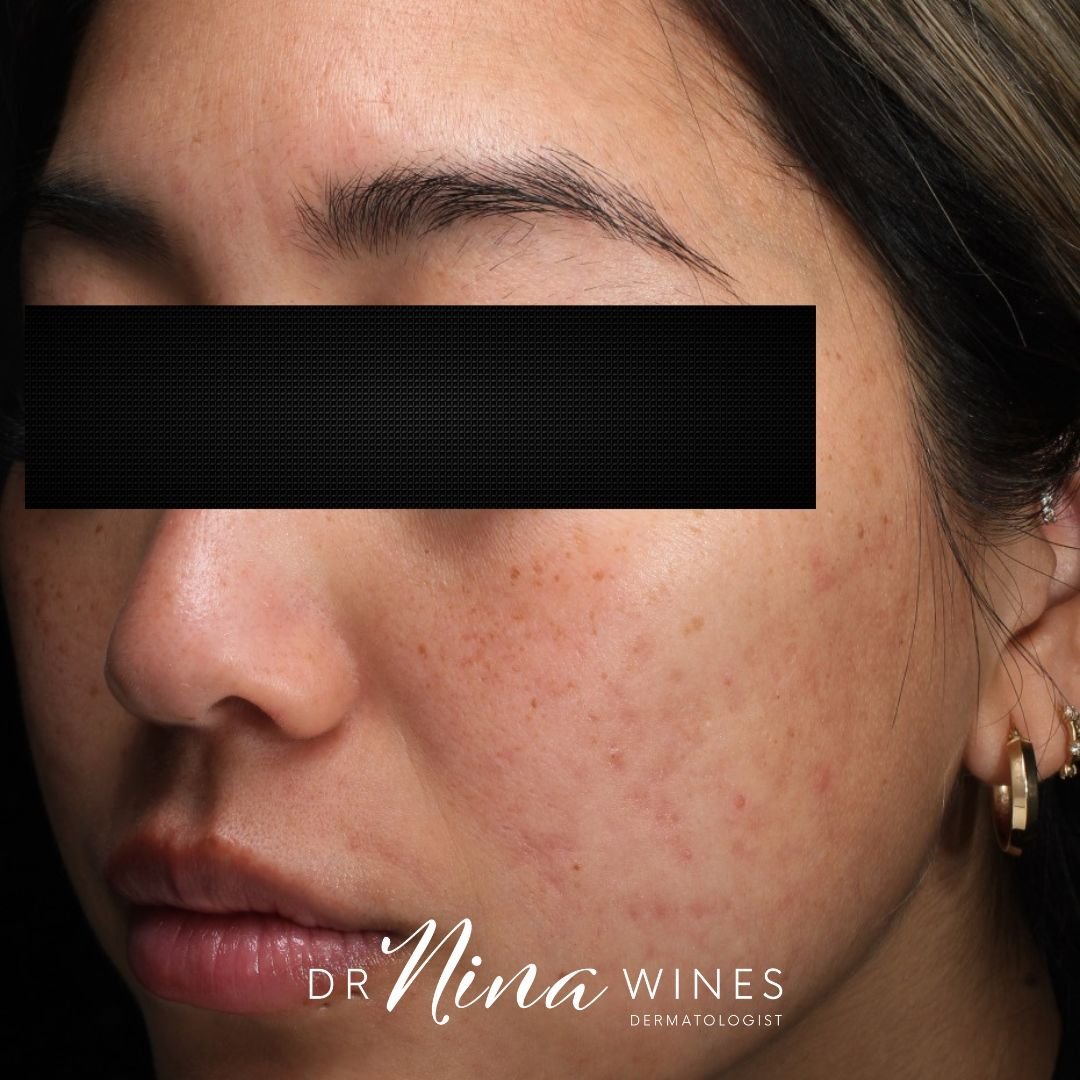Acne
What is Acne?
Acne is a very common skin condition that is identified by the presence of comedones (blackhead and whiteheads), as well as papules (red bumps) and pustules (pus-filled spots). It can be mild, moderate or severe but no matter what type it is it can have a huge impact on self-esteem. Acne can in some cases lead to lifelong scarring. Early intervention for acne is essential to help prevent permanent scarring. Dermatologists are experts in the management of acne and will tailor your treatment to your individual needs. Acne is a complex disease and treatments that offer long term cure are better than some techniques that improve your acne for a short period only.
How do we treat Acne?
Our dermatologists have many years experience in treating acne. To reduce spots and minimise the chances of scarring, options include:
Non-prescription creams and lotions
Non-prescription creams and lotions can help milder cases of acne, but can make the skin dry if used too often.
Prescription creams
Prescription creams prescribed by your dermatologist can help to unblock the pores and reduce the bacteria on the skin.
Oral antibiotics
Oral antibiotics taken by mouth for several months may reduce the growth of bacteria on the skin.
Hormonal medications
The contraceptive pill and other hormone treatments may be used to treat acne in some women.
Oral retinoids/Vitamin A
Oral retinoids & vitamin A medications are very effective for the treatment of acne. They reduce the blockage of pores on the skin, making it more difficult for spots and infections to occur. They can only be prescribed by Dermatologists.
Acne Laser 1726nm
We are proud to offer the Aviclear laser for treating acne, making us one of the few clinics in Australia with this innovative solution. This device effectively reduces oil production and minimises breakouts. It integrates seamlessly into a personalised acne treatment plan.
Before & After
Skin Colour Changes
Skin colour changes are extremely common. In patients with pale skin this is usually characterized by flat pink/red areas that are left behind once the “bumpiness” has resolved. This is called post-inflammatory erythema. People with darker skin often get darker brown marks once the acne has resolved, this is commonly known as post-inflammatory hyperpigmentation. White marks can also occur once acne has resolved. Unfortunately, these post-inflammatory changes do not improve with oral antibiotics or topical anti-acne therapy.
Most of the colour changes will improve naturally over time (6-18 months). Sun protection is important and some topical bleaching creams (eg Kojic and azelaic acid) can help with dark spots. Red spots may respond to laser (vascular laser). Scars develop over time and there is some evidence that early treatment of the post-inflammatory redness may reduce the development of scarring in the future.
Our friendly admin team welcome you to NSDL and look forward to taking care of you. Please email reception@nsdermatology.com.au so they can assist you or call 02 9958 1555.

